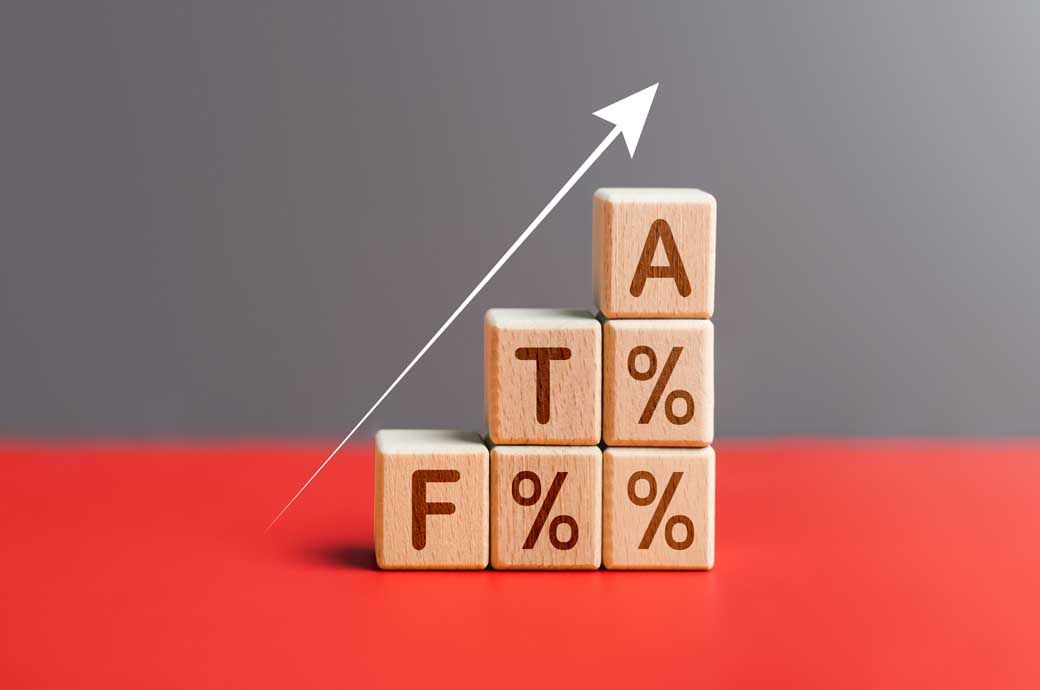

These products face relatively low to moderate tariffs in the United Kingdom.
The tariff on exported yarn and fabric is 4 per cent, while on shirts, trousers, women's dresses and bed linen range, it ranges between 10 per cent and 12 per cent. Handbags and trunk cases face 8 per cent tariff, and footwear tariffs vary between 4 per cent and 16 per cent. These products will benefit from the FTA's tariff reductions by the UK, GTRI said in a recent report,.
GTRI also urged India to ensure that the FTA text does not empower the United Kingdom to ban Indian exports on grounds of promoting sustainability.
GTRI drew attention to a report by the UK department of international trade, titled ‘UK India FTA: UK’s strategic approach’, whose contents in the ‘sustainability’ chapter may provide legal justifications to the United Kingdom for imposing non-tariff barriers on imports to promote sustainability.
“In India, the garment industry is one of the main drivers of water stress and water pollution – producing much higher rates than the minimal national standard. The chemicals used in textile manufacturing can contaminate water sources In India, the estimated GVA increases in the textiles and apparel sector (by 1.4 to 3.6 per cent) are likely to increase water pollution, all other things remaining equal,” the UK report mentions.
“The possible impact on carbon leakage is more uncertain, but estimates suggest that some risks exist in textiles and apparel. Increased market access could facilitate higher levels of trade in sectors where climate mitigation policies differ between the UK and India. These effects will depend heavily upon how the UK and India’s environmental policies develop over the coming decades, as well as external factors such as technological change,” the UK report adds.
“If this happens, the market access that India might expect under the FTA could get undermined. India must negotiate these issues carefully,” GTRI cautioned.
Fibre2Fashion News Desk (DS)